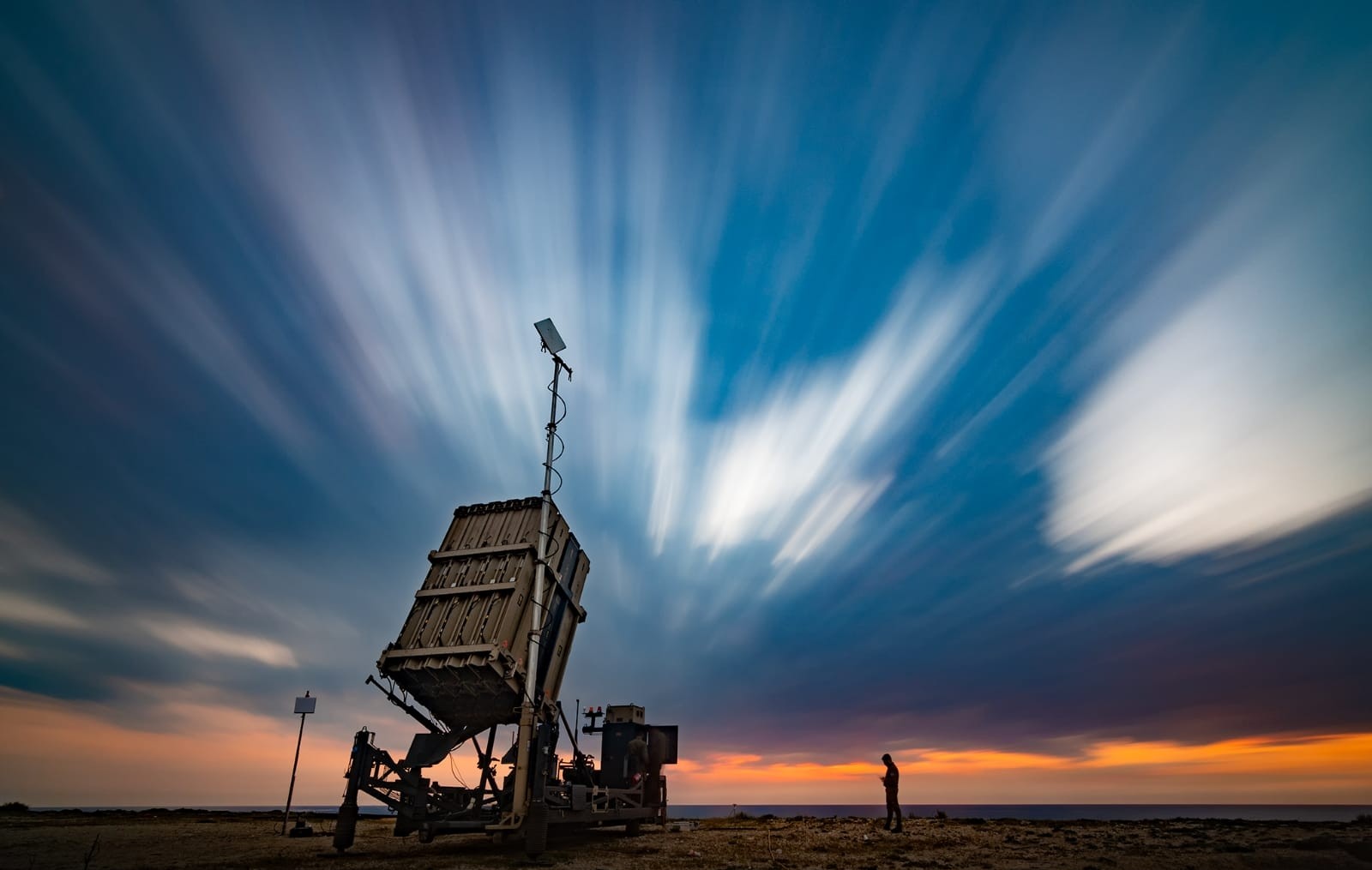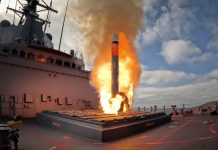Israel will not provide the Iron Dome systems to Ukraine due to concerns that it could fall into Iranian hands and be used against Israeli citizens, Israeli Prime Minister Benjamin Netanyahu said on Thursday.
“I think it’s important to understand that we are concerned also with the possibility that systems that we would give to Ukraine would fall into Iranian hands and could be reverse engineered, and we would find ourselves facing Israeli systems used against Israel … Now if that system (Iron Dome) were to fall in the hands of Iran, then millions of Israelis would be left defenseless,” Netanyahu told The Wall Street Journal.
At the same time, the prime minister said that Israel was not neutral in the Ukraine conflict and it had provided assistance to the Ukrainian government.
“The former government made some promises, which were in the process (regarding aid to Ukraine). Well, they weren’t delivered, but I delivered them.
And I think people know, maybe you should find out what’s going on, but we’re not neutral. We’ve expressed our sympathy and our position with Ukraine,” Netanyahu said, adding, however, that there were still “limitations” that Israel had in terms of its support for Kyiv.
Last week, Netanyahu said that there had already been multiple cases when weapons supplied to Kyiv by the West were found near the Israeli border.
Western countries have been providing financial, humanitarian, and military support to Ukraine since the start of Russia’s military operation in February 2022. The support evolved from lighter artillery munitions and training in 2022 to heavier weapons, including tanks, later that year and in 2023.
For months, Ukraine has been pushing to be supplied with Israel’s Iron Dome system, which has been met with resistance by the Israeli government so far. The Kremlin has repeatedly warned against continued arms deliveries to Kyiv.
Iron Dome
The Iron Dome is a mobile all-weather air defense system developed by Rafael Advanced Defense Systems and Israel Aerospace Industries.
It is designed to intercept and destroy short-range rockets and artillery shells fired from distances of 4 kilometers (2.5 mi) to 70 kilometers (43 mi) away and whose trajectory would take them to an Israeli-populated area.
Some of the key features of the Iron Dome include:
- All-weather capability: The Iron Dome can operate day and night in all weather conditions, including fog, rain, dust storms, and low clouds.
- Quick reaction time: The Iron Dome can detect and intercept incoming rockets within seconds, giving residents of threatened areas a much-needed warning time.
- High interception rate: The Iron Dome has a high interception rate, with a success rate of over 90% in combat.
- Cost-effectiveness: The Iron Dome is relatively cost-effective, making it a viable option for defending against short-range rocket and artillery attacks.
- Scalability: The Iron Dome can be scaled to defend different areas, from small villages to large cities.
- Maneuverability: The Iron Dome is mobile, which allows it to be deployed quickly and easily to different locations.
The Iron Dome has been credited with saving lives and reducing the damage caused by rocket and artillery attacks. It has been used in combat several times, most recently during the 2021 Israel-Gaza conflict.

Overall, the Iron Dome is a highly effective and versatile air defense system that has proven its worth in combat. It is a valuable asset to Israel’s security and has the potential to protect other countries from short-range rocket and artillery attacks.
- Mail ETDesk at : etdesk@eurasiantimes.com
- Follow EurAsian Times on Google News




